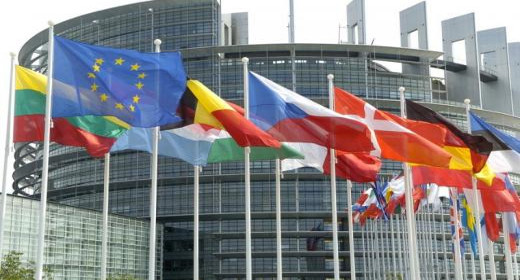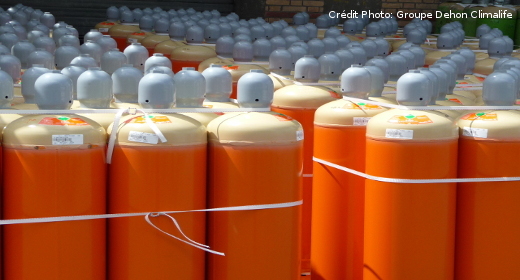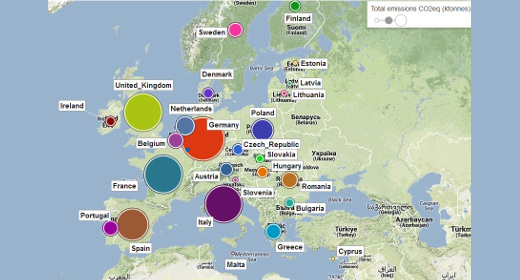

In 1992, the United Nations Framework Convention on Climate Change (UNFCCC) was adopted and signed in Rio de Janeiro by more than 150 countries and the European Community. Its ultimate objective is the “stabilization of the greenhouse gas concentrations in the atmosphere at a level that would prevent dangerous anthropogenic interface with the climate system” (IPCC Guidelines 1996). In order to achieve this goal, parties were required to develop and publish their national inventories of anthropogenic emissions of all greenhouse gases not controlled by the Montreal Protocol.



The OpenRIEP platform is an initiative from the CES to share its expertise in establishing refrigerants inventories and help the international community to face the many challenges that are encountered today by countries to replace high GWP refrigerants and improve energy-efficiency of systems, by sharing needed data and means.
If you want to establish your country’s national inventory, or evaluate emission reduction scenarios as a support for developing and implementing new regulations, or are interested in a global database on technologies and refrigerants used in different countries, as well as guidance for the choice of new systems/refrigerants taking into account actual and future regulations, you can explore this site to:
The Center for Energy efficiency of Systems (CES) is a leading research laboratory in energy conservation. Since 1998, the CES has put its knowledge and expertise on refrigerants, systems, and regulations to develop models and databases for establishing refrigerants inventories